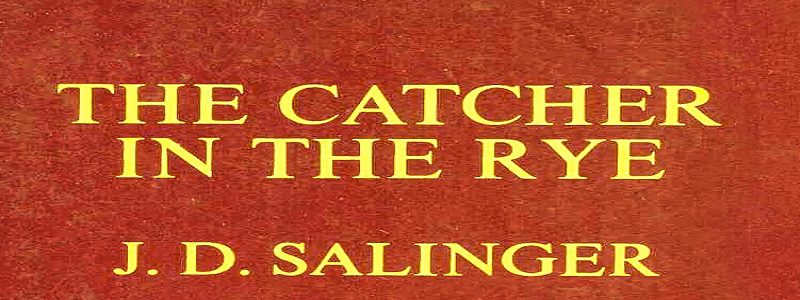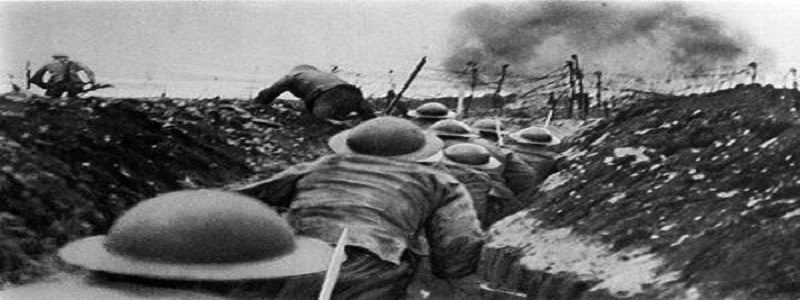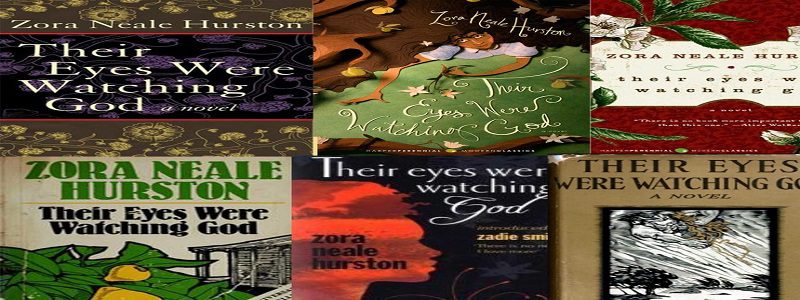Unit Assessment: The Use of Evidence in Interpreting ‘Catcher in the Rye’
Last month I posted on a project called Argument Stations on The Catcher in the Rye that has students thinking hard about the novel’s voice, particular diction, and characterization as they point in certain interpretive directions in response to a debatable issue. This post, which examines a unit assessment on the use of evidence in understanding and interpreting the novel, is a kind of corollary and culmination.
Analyzing a Model Interpretive Argument on ‘To Kill A Mockingbird’
At one of Argument-Centered Education’s partner schools, Daniel Hale Williams College Prep in Chicago, I have been working extensively this year with a young and rising-star English teacher by the name of Thom Connor. Mr. Connor has been absorbing argument pedagogy and he has been making it his own, innovating a series of activities and assessments with his English I (9th grade), English II (10th grade), and AP Language & Composition (11th grade) students. I have been collaborating with him on revising and refining these resources. What is coming out of his inventions, and our collaborations, is having an increasingly apparent big impact on the teaching and learning in his classrooms. One such resource innovation is the activity we’ve called Analyzing a Model Interpretive Argument.
The Great War and Academic Argument
World War I was cataclysmic not only in the death and destruction it wrought on the battlefield (with more than 10 million killed), but also in its shattering in the Western world (certainly in Europe) of certain kind of belief in the nobility of civilization and the inevitability of progress. “The war to end all wars,” in H.G. Wells’ immortal phrase, and the war that would “make the world safe for democracy,” according to President Woodrow Wilson — the idealism that inspired these phrases sounded bitterly ironic after the War, and by 1918 sardonic clouds had settled over the European psyche to stay.
This argument-based project teaches World War I through debates about the deepest causes of that conflict. It brings together primary and secondary textual and video sources to teach content through the framework of academic argument.
ARG, not Arrggghhhh!!
We have recently worked with a partner high school on a new gamified activity for heightening the effectiveness of peer rating of student’s academic argumentation, and helping students become more meta-cognitive about what makes their arguments more effective. The result is the Argument Rating Game (ARG).
Debating Self-Understanding in ‘Their Eyes Were Watching God’
Zora Neale Hurston’s 1937 masterwork Their Eyes Were Watching God was poorly received in its time. Famed African-American novelist Richard Wright dismissed the novel that year in the October issue of New Masses. “Hurston seems to have no desire whatever to move in the direction of serious fiction . . . . The sensory sweep of her novel carries no theme, no message, no thought.” Their Eyes was found wanting in relation on the sociological criteria of the Racial Uplift movement of the 1930s, but Hurston had her artistic gaze pointed as inwardly as it was immersed in the milieu of the intensely racialized encasing in which her characters lived and her sensibility came to be. Freedom, she wrote, is “something internal . . . . The man himself must make his own emancipation.” Reversing the charge that she turned away from the racist social forces and constructs, she called it “arrogance” to believe that “black lives are only defensive reactions to white actions.”






